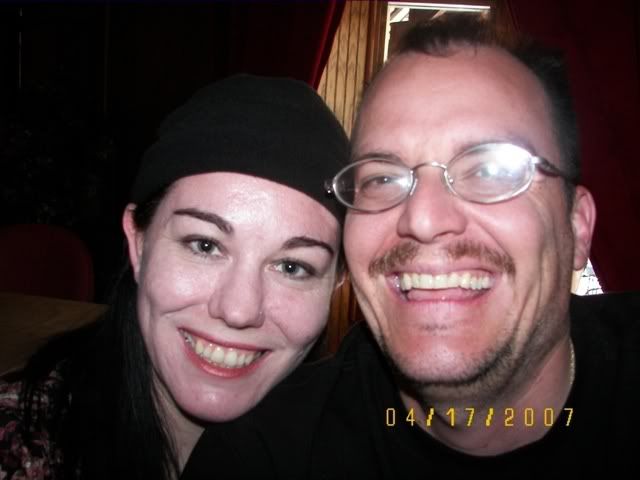Does Understanding Our Past, Save Our Future?

I was reading through some articles earlier and came across one that was essentially laughing at the students of Anthropology. I could only shake my head in dismay at the ignorance of the voice speaking through words.
"Are you as interested as I am in knowing how, when, and where human life arose, what the first human societies and languages were like, why cultures have evolved along diverse but often remarkably convergent pathways, why distinctions of rank came into being, and how small bands and villages gave way to chiefdoms and chiefdoms to mighty states and empires? "
Marvin Harris
The word anthropology itself tells the basic story--from the Greek anthropos ("human") and logia ("study")--it is the study of humankind, from its beginnings millions of years ago to the present day.
Nothing human is alien to anthropology. Indeed, of the many disciplines that study our species, Homo sapiens, only anthropology seeks to understand the whole panorama--in geographic space and evolutionary time--of human existence.
This subject is of great interest to me, as Archeology and Anthropology are my fields of study. It is my passion.... A great quote that I think of when I hear people question the validity of these fields is this:
"I am a human, and nothing human can be of indifference to me."
--Terence, The Self-Torturer
The question that one should ask themselves is this: Does understanding our Past, Save our Future?
How anyone can say no, is beyond my realm of understanding. If we understand why we are the way we are, then that leads to a greater understanding of mankind. Take for instance, our neighbors to the East and the West. Great Civilizations existed there, long before the America's were settled. Generations of war, generations of peace. If we find the answers to the questions, what has molded them into the people they are, then perhaps instead of seeking to change other countries, we can embrace them and the differences that make them unique.
Of course, we have the answers, most of them. We just choose not to embrace the differences, we seek to change them into what we think is beneficial. Even though great men and women seek the keys to the past everyday, searching for answers, their findings have blind eyes turned upon them.
Will we ever learn? It is all cycles, that is the way of life. When one thing ends, another begins. It has been that way since the beginning of time and will continue to remain that way. The question we have to ask ourselves as human beings is this: Will we allow the cycle of war to continue? Or will we finally learn from our mistakes? Will we learn to embrace the differences of our cultures, or will we continue to seek to convert?
I will never understand the greed of man.













1 comments:
Man does learn from recent histroy, but as years pass the fog of time dims the realities of the past and more and more rationalizations can be made---so that we can make the same mistakes over and over. History only gives us half-sight.
Post a Comment